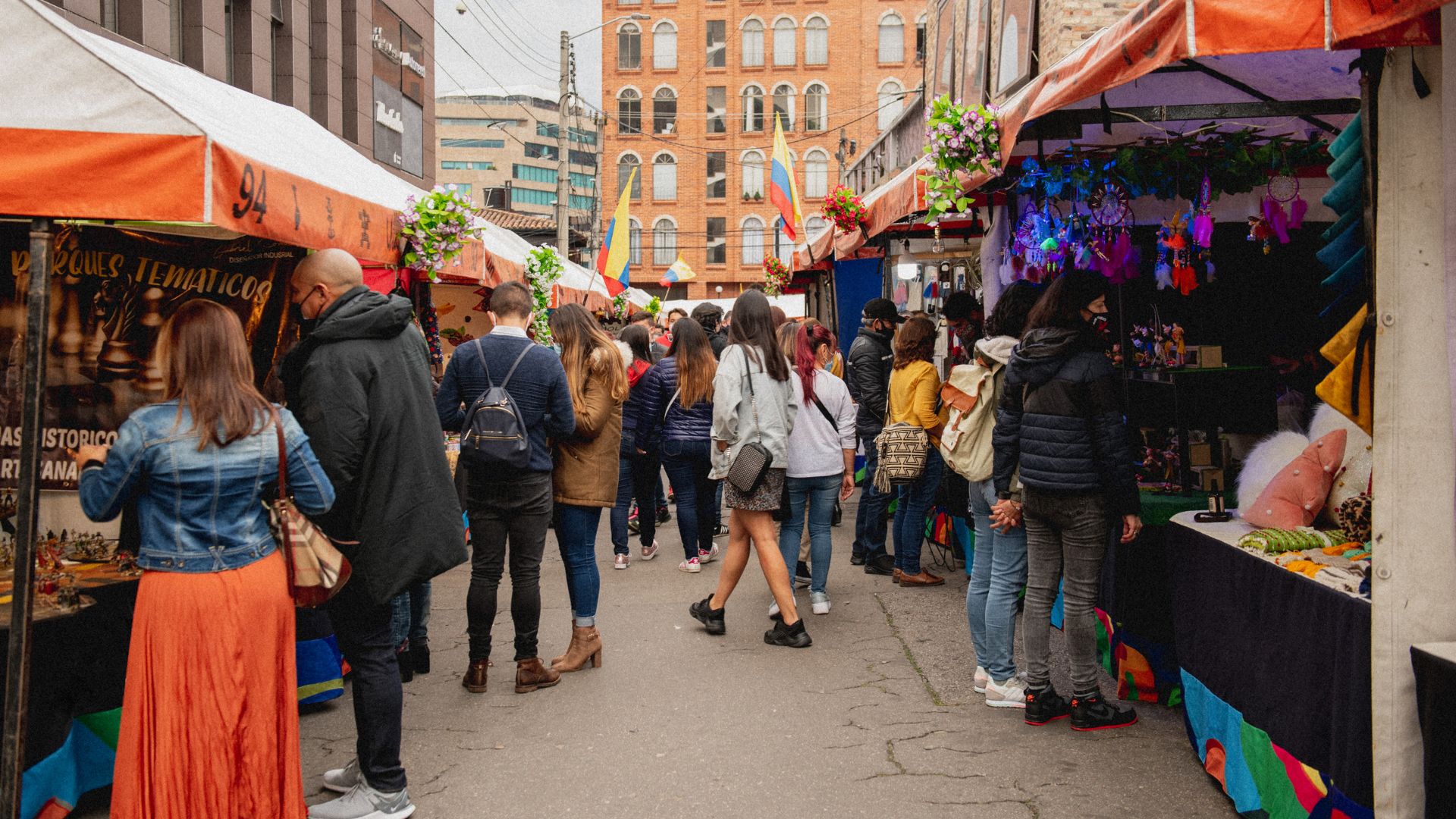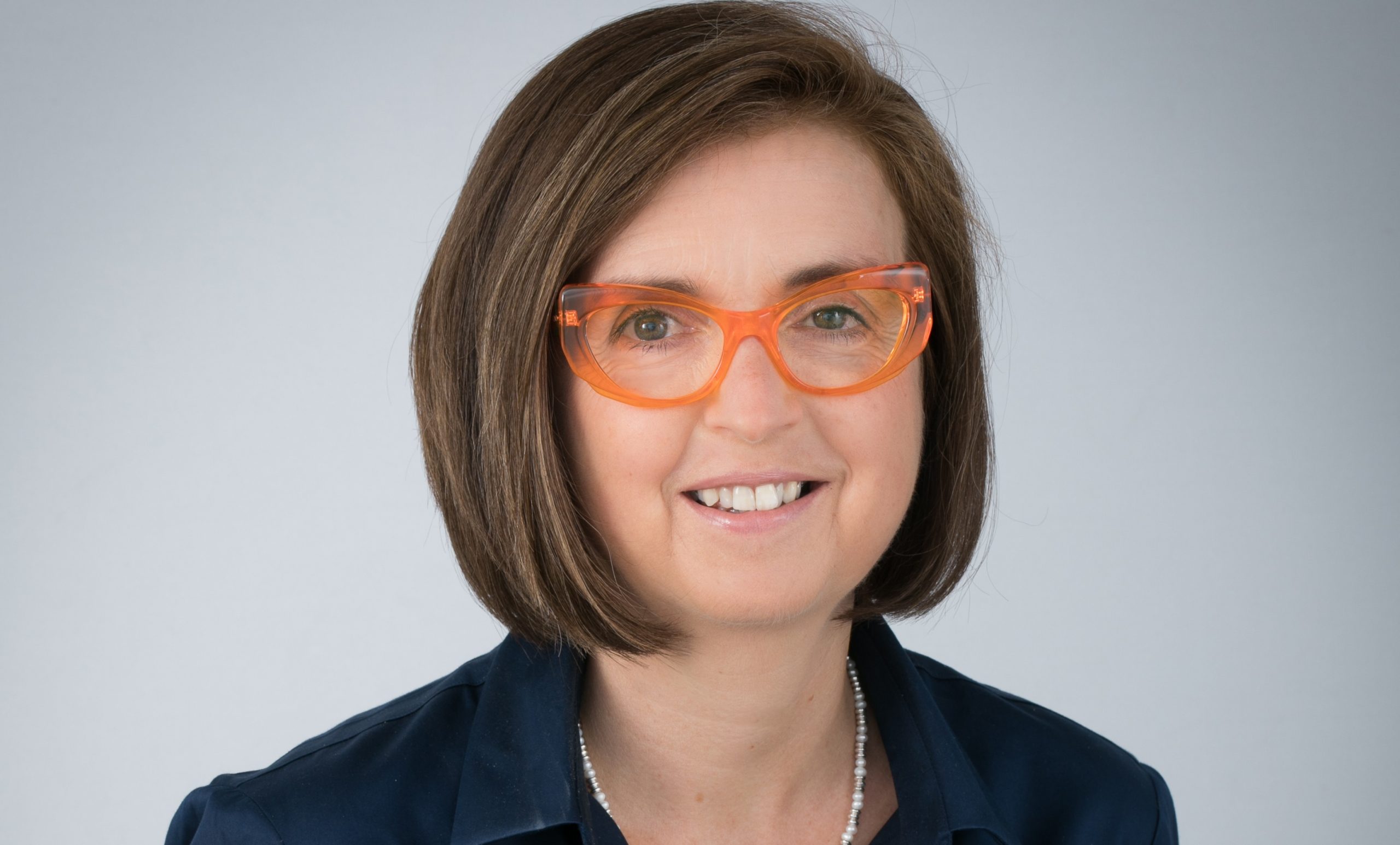We are excited and proud to announce that 100 Ways in 100 Days™ has just been selected, against tough competition, to be part of the prestigious 2022/23 Inc. social incubator. The brainchild of the charitable Aster Foundation, Inc.’s raison d’etre is to build businesses that can change the world.
The Foundation’s wider purpose is to invest in communities and their future. Its mission is to enable better lives for at least 40,000 people by 2030, through its impact programmes and proactive approach to tackling social challenges. The Inc. accelerator is an extension of that collaborative, social vision.
Inc.’s reason for being is to build businesses that can change the world.
Being a part of Inc. will give us extra, rich opportunities to shape 100 Ways and gain insights for projects run within the foundation’s parent organisation, the Aster Group and its communities. Plus, in order to help develop ideas, there’ll be a doorway to its 100,000 diverse customers.
This equates to a potentially massive new audience for 100 Ways; both to enable people to live more sustainably, fast (with a spin-off benefit that many ‘Ways’ help save money) and as a enviable research base.
The Inc. programme offers access to funding and investment too – and introductions to Aster partners and networks.
100 Ways is based on psychology – and also the theory of marginal gains, where, many, many small actions, enacted en masse, can bring about significant change. So the wider we can spread the programme, the greater an impact it can make. 100 Ways brings people together, empowering them to make bite-sized, achievable changes, in fun, positive ways, to help save the planet. It’s therefore a perfect fit with Aster.
We can’t wait to work with the rest of the cohort and the wider Aster Group family to start helping to make a difference.
See more here very soon!






